Model Context Protocol (MCP) finally gives AI models a way to access the business data needed to make them really useful at work. CData MCP Servers have the depth and performance to make sure AI has access to all of the answers.
Try them now for free →Integrate Phoenix Data in Pentaho Data Integration
Build ETL pipelines based on Phoenix data in the Pentaho Data Integration tool.
The CData JDBC Driver for Phoenix enables access to live data from data pipelines. Pentaho Data Integration is an Extraction, Transformation, and Loading (ETL) engine that data, cleanses the data, and stores data using a uniform format that is accessible.This article shows how to connect to Phoenix data as a JDBC data source and build jobs and transformations based on Phoenix data in Pentaho Data Integration.
Configure to Phoenix Connectivity
Connect to Apache Phoenix via the Phoenix Query Server. Set the Server and Port (if different from the default port) properties to connect to Apache Phoenix. The Server property will typically be the host name or IP address of the server hosting Apache Phoenix.
Authenticating to Apache Phoenix
By default, no authentication will be used (plain). If authentication is configured for your server, set AuthScheme to NEGOTIATE and set the User and Password properties (if necessary) to authenticate through Kerberos.
Built-in Connection String Designer
For assistance in constructing the JDBC URL, use the connection string designer built into the Phoenix JDBC Driver. Either double-click the JAR file or execute the jar file from the command-line.
java -jar cdata.jdbc.apachephoenix.jar
Fill in the connection properties and copy the connection string to the clipboard.

When you configure the JDBC URL, you may also want to set the Max Rows connection property. This will limit the number of rows returned, which is especially helpful for improving performance when designing reports and visualizations.
Below is a typical JDBC URL:
jdbc:apachephoenix:Server=localhost;Port=8765;
Save your connection string for use in Pentaho Data Integration.
Connect to Phoenix from Pentaho DI
Open Pentaho Data Integration and select "Database Connection" to configure a connection to the CData JDBC Driver for Phoenix
- Click "General"
- Set Connection name (e.g. Phoenix Connection)
- Set Connection type to "Generic database"
- Set Access to "Native (JDBC)"
- Set Custom connection URL to your Phoenix connection string (e.g.
jdbc:apachephoenix:Server=localhost;Port=8765; - Set Custom driver class name to "cdata.jdbc.apachephoenix.ApachePhoenixDriver"
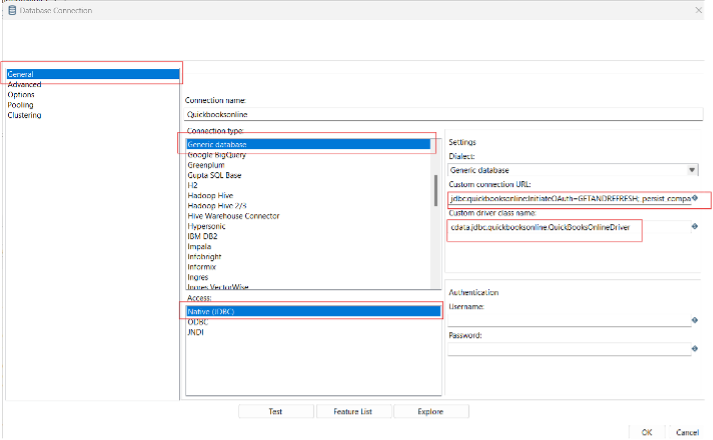
- Test the connection and click "OK" to save.
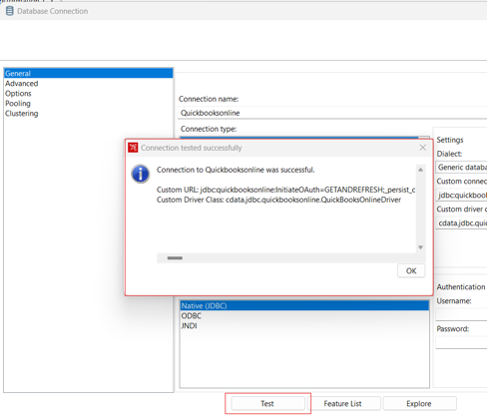
Create a Data Pipeline for Phoenix
Once the connection to Phoenix is configured using the CData JDBC Driver, you are ready to create a new transformation or job.
- Click "File" >> "New" >> "Transformation/job"
- Drag a "Table input" object into the workflow panel and select your Phoenix connection.
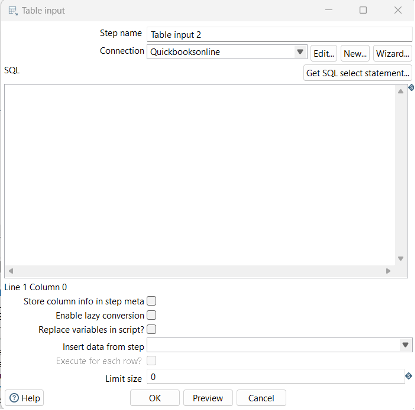
- Click "Get SQL select statement" and use the Database Explorer to view the available tables and views.
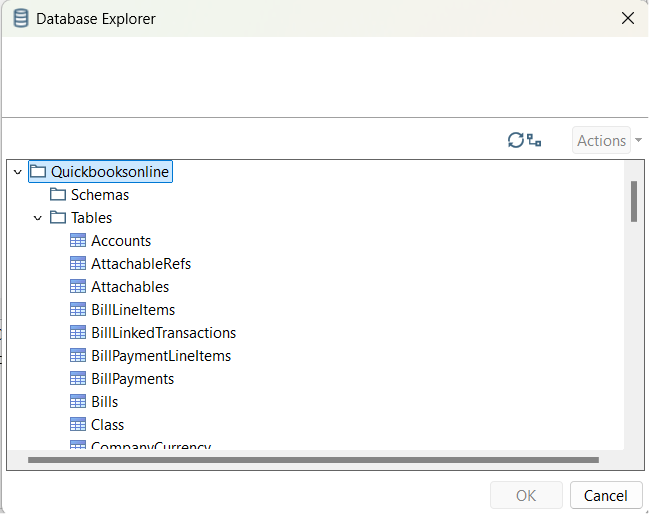
- Select a table and optionally preview the data for verification.
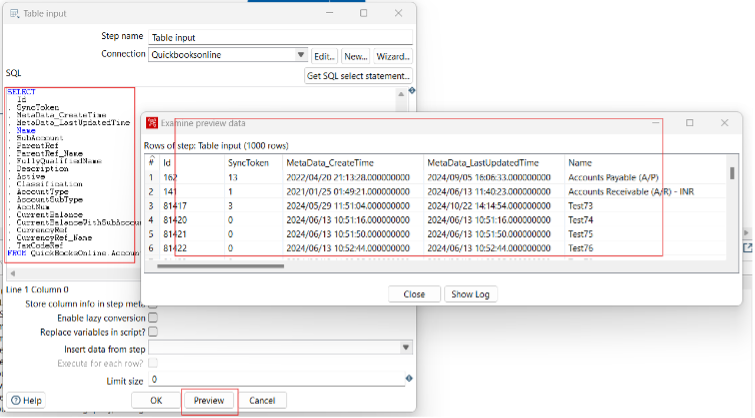
At this point, you can continue your transformation or jb by selecting a suitable destination and adding any transformations to modify, filter, or otherwise alter the data during replication.
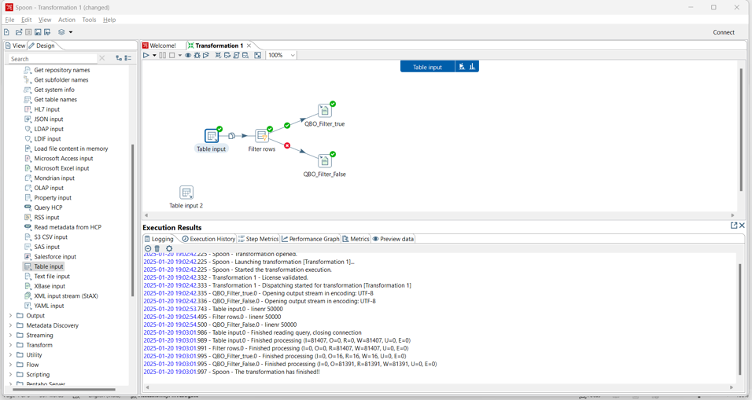
Free Trial & More Information
Download a free, 30-day trial of the CData JDBC Driver for Phoenix and start working with your live Phoenix data in Pentaho Data Integration today.

